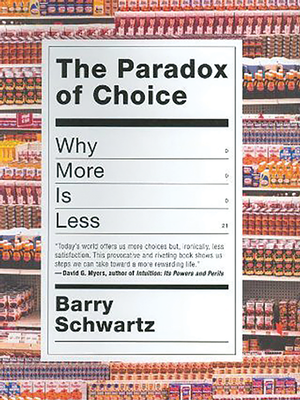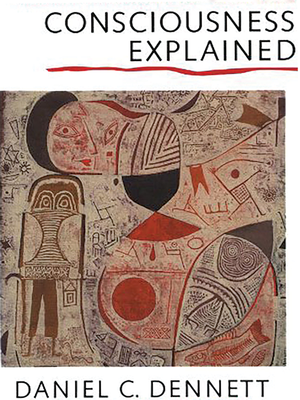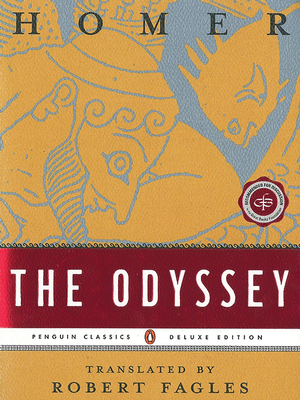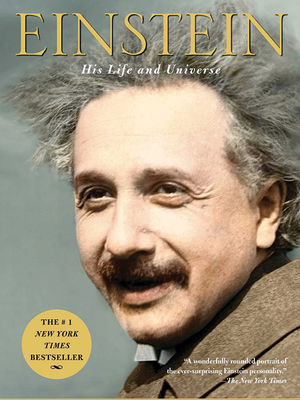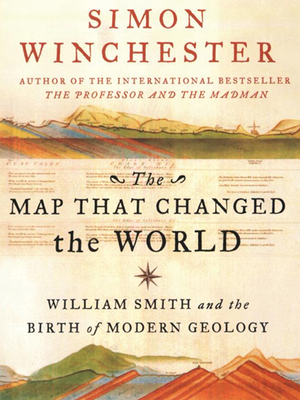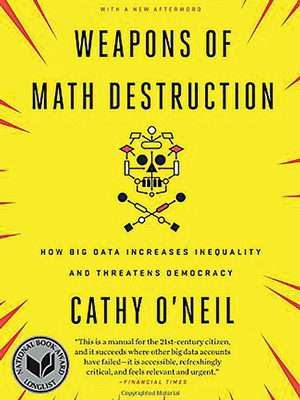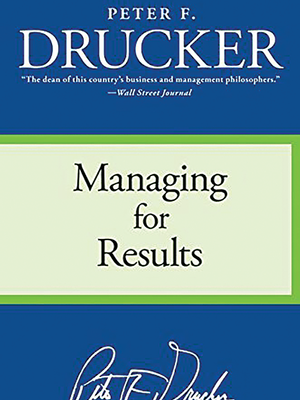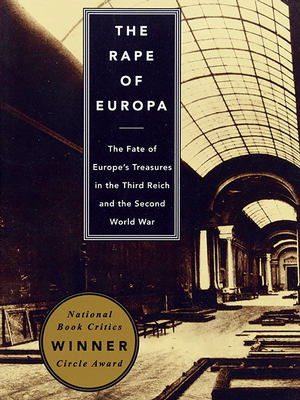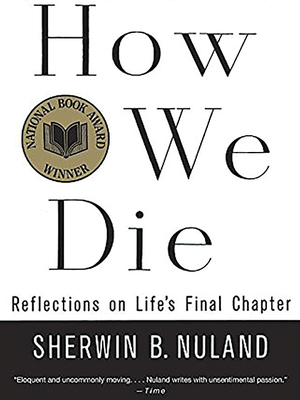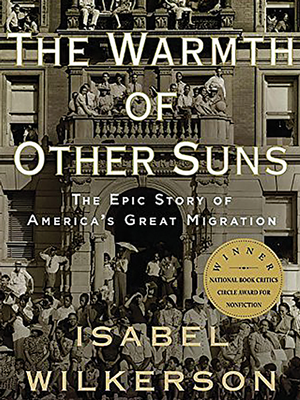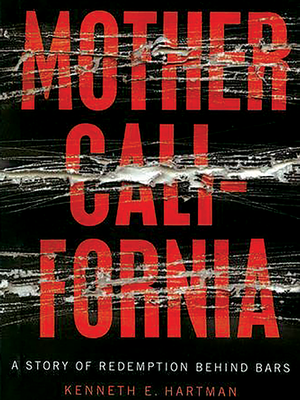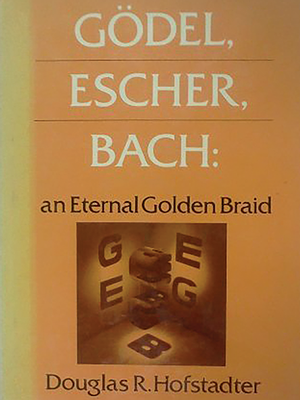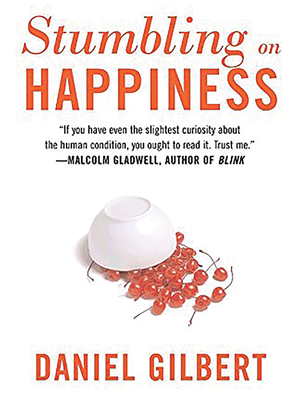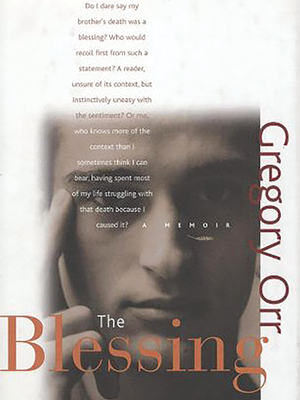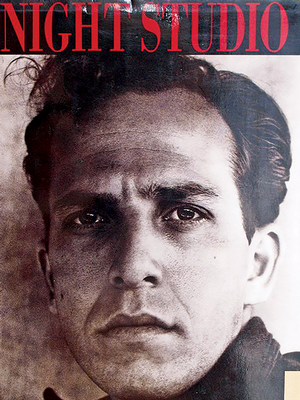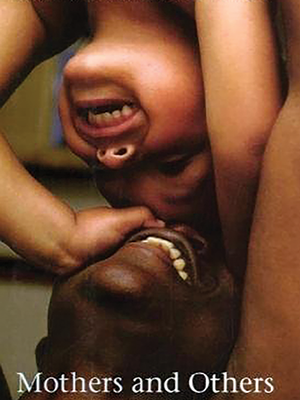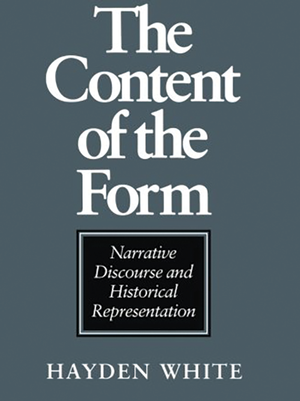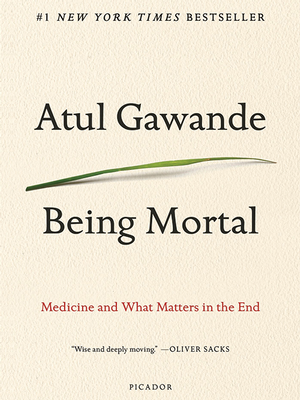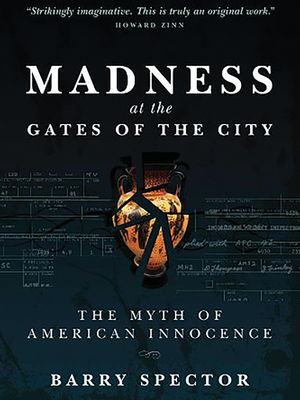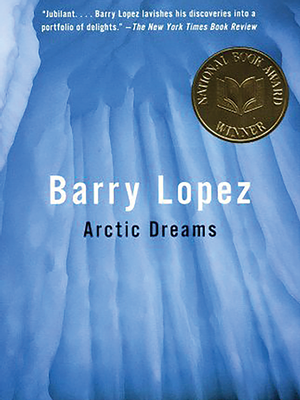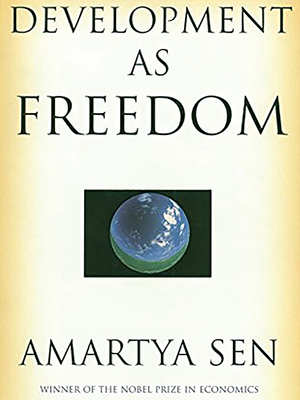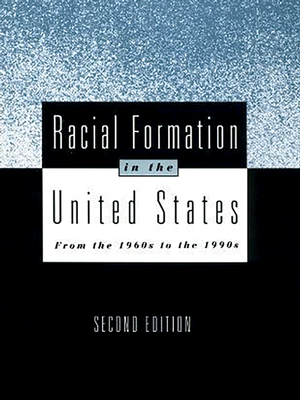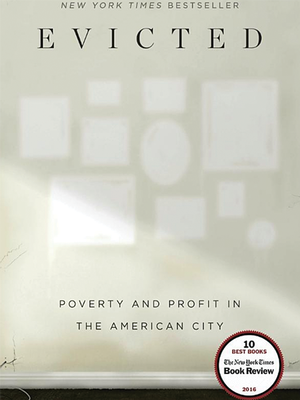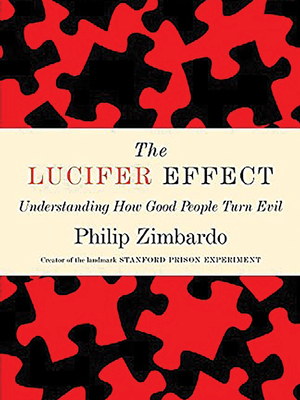Faculty Nonfiction Book Picks
The Paradox of Choice
by Barry Schwartz
The book’s main arguments — that more choice is not always better, and that constantly worrying about making the best choices can make us miserable — had a huge influence on me when I read it over a decade ago and seem even more relevant in the era of online reviews, social media, and instant access to thousands of movies, books, and music.
— Alex Plakias ’02, Philosophy
Consciousness Explained
by Daniel Dennett
The author helped me really challenge how I viewed my own inner thought processes and what it really means to be a thinking being.
— Azi Grysman, Psychology
Iliad and Odyssey
by Homer
These are functional books that have given rise to countless films, books, and other works since they were composed 2500+ years ago. And there are many, many translations coming out of these books every month, it seems, that show their continuing interest and vitality.
— Barbara Gold, Classics
Einstein: His Life and Universe
by Walter Isaacson
This is a timely book about science, politics, and the ever-recurring scourge of anti-Semitism.
— Carl Rubino, Classics
The Map that Changed the World
by Simon Winchester
I never would have imagined that a book about the first geological map could be so captivating, and I actually teach with this book in my Principles of Geology class every spring. It’s fascinating to follow the history of earth science and to recognize the impact that one unconventional individual can have throughout the narrative.
— Cat Beck, Geosciences
Weapons of Math Destruction
by Cathy O’Neil
Math is a tool that can be used to improve the social condition, but it can also be used harmfully; O’Neil outlines the differences between fair and unfair algorithms without overdoing the technical arguments.
— Courtney Gibbons, Mathematics
Managing for Results
by Peter Drucker
This book completely revolutionized how I think about organizations, motivation, human psychology, excellence, economics, business, education, and more. It is endlessly re-readable (I’ve probably gone through it 15 to 20 times) and is the product of a masterful thinker who’s unencumbered by academic disciplines. Drucker is two levels above anyone else writing about business or economics, with the possible exception of Adam Smith (admitting that I’m not an economist!).
— Dan Chambliss, Sociology
The Rape of Europa
by Lynn H. Nicholas
Did it change my mind or alter me — probably not — but it made a big impression on me. I learned about something I only had heard whispers about. I’ve actually reread it! It’s all about what happened to art in Europe during World War II.
— Deborah Pokinski, Art History
How We Die: Reflections on Life’s Final Chapter
by Sherwin B. Nuland
I read it after my father died and, yes, I would say it definitely changed my thinking.
— Deborah Pokinski, Art History
The Warmth of Other Suns
by Isabel Wilkerson
I suggest this book because we should see where we have come from and where we have to go.
— Richard Hunt, Education Studies
Mother California: A Story of Redemption Behind Bars
by Kenneth Hartman
Mother California makes clear both that no one can be written off, and that those we assume we can are more often the products than the mere wards of the prison system.
— Doran Larson, Literature and Creative Writing
Gödel, Escher, Bach: an Eternal Golden Braid
by Douglas R. Hofstadter
Anyone who thinks they are bright should read this book because of its leveling effect. It can promote modesty and circumspection.
— Doug Raybeck, Anthropology
Stumbling on Happiness
by Daniel Gilbert
In this witty, irreverent book, an eminent psychologist explains the ways we consistently err in predicting what will make us happy and offers the profound advice that, in making life choices, we ought to rely less on our own mental projections of life under different alternatives, and more on the reports of people who have experienced those alternatives.
Gary Wyckoff, Public Policy
The Blessing
by Gregory Orr
This book upends the notion of what a blessing is.
— Jane Springer, Literature and Creative Writing
Night Studio: A Memoir of Philip Guston
by Musa Mayer
This is the best book on the obsessive drive and dedication of an artist that I have ever read. A true classic.
— Katharine Kuharic, Art
Mothers and Others
by Sarah Blaffer Hrdy
Hrdy argues that humans developed big brains, prosocial behaviors, and the ability to collaborate because human mothers will allow others to help feed and raise their offspring (a pattern call allo-parenting), allowing the human mother to reproduce more frequently than other primate mothers but also requiring the human infant to psych out who in the group is likely to be a soft touch — to develop a highly nuanced theory of mind.
Margie Thickstun, Literature and Creative Writing
The Content of the Form
by Hayden White
This book transformed my way of thinking about written and film texts and made me decide to go on for a doctorate (I read it in 1989).
— Martine Guyot-Bender, French
Being Mortal: Medicine and What Matters in the End
by Atul Gawande
This is a book that no one wants to read, but everyone should. Gawande — a surgeon who publishes in the New Yorker — provides insight into the medicalization of terminal illness and old age, illustrating the difficult choices we make as our remaining days dwindle. He argues that medical practitioners must engage patients in honest and meaningful conversations about their priorities when it comes to facing the end and shows how doing so reduces stress and costs to patients, their families, the people who care for them, and the medical system as a whole.
— Naomi Guttman, Literature and Creative Writing
Madness at the Gates of the City: The Myth of American Innocence
by Barry Spector
This book is amazing in its deconstruction of American cognitive dissonance — what it terms the utter invisibility of privilege in America; the country’s racism; its ability to elevate individualism to an undeserving mythic status; and how the nation as a whole, in cycles, channels “legitimate political action into passivity.”
— Nigel Westmaas, Africana Studies
Arctic Dreams
by Barry Lopez
This is a book not just about a vast landscape that most of us never think about, but also about the intersections of human and animal, science and folklore, and most of all about aboriginal culture. It made me rethink just about everything I thought I knew.
Onno Oerlemans, Literature and Creative Writing
Being Wrong
by Kathryn Schulz
This is a terrific and readable study of all the ways that our brain structures, psychology, and socialization make us make mistakes all the time, and why that’s not always such a bad thing.
— Shoshana Keller, History
Development as Freedom
by Amartya Sen
This book defines not only “development” but human well-being more broadly as maximizing human capabilities, and argues for the necessity of freedom in all its forms to that effort, ideas that are just as applicable in the U.S. as they are in Niger.
— Steve Orvis, Government
Racial Formation in the United States
by Michael Omi and Howard Winant
I recommend this book because it lays out a distinctively powerful way to think about “race,” one that resolves the apparent contradiction between “race” as a social construction and as a lived experience.
— Steve Yao, Literature and Creative Writing
Evicted by Matthew Desmond
Yvonne Zylan, Sociology
This book fundamentally reoriented my thinking about how to understand poverty and inequality in America. It foregrounds housing insecurity as a key driver of the fear, dislocation, and trauma associated with economic and social inequality in a way that sheds light on so many social problems (mental illness, educational inequality, criminal offending, etc.) that I think it should be required reading for every American.
The Lucifer Effect: Understanding How Good People Turn Evil
by Philip Zimbardo
In this book, Zimbardo, the psychologist responsible for the famous Stanford Prison Experiment in the 1970s, reflects on how situations drive human behavior and decision-making far more than we generally think and far more than most of us would like to admit. Citing a great deal of experimental evidence, Zimbardo argues that in the right circumstances anyone can be induced to commit atrocities. He uses the metaphor of the bad apple versus the bad barrel and shows from his own research and that of others, and especially focusing on his experience of devising and putting into effect the Stanford Prison Experiment, that the preponderance of bad behavior is more likely to result from a bad barrel than be due to isolated bad apples, so to speak.
— Heidi Ravven, Religious Studies
